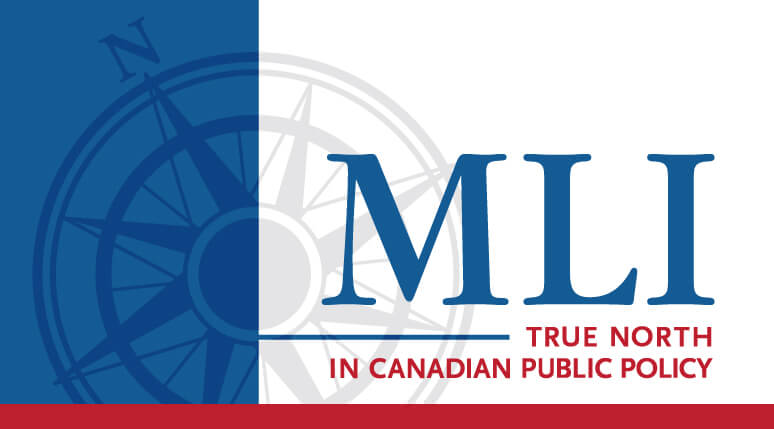OTTAWA, ON (July 26, 2022): The Macdonald-Laurier Institute is disappointed in the false and misleading article published by the Guardian and Narwhal titled “How a conservative US network undermined Indigenous energy rights in Canada.” The article misrepresents MLI’s work and betrays an eco-colonialist attitude that undermines Indigenous rights.
The central thesis of the article, namely that the interests of the Atlas Network funders shaped our work on the Aboriginal Canada and the Natural Resource Economy project, is easily rebutted by the simple fact that MLI has never solicited Atlas Network funding for this project.
Additionally, MLI receives no direction from any donor or funder in terms of determining the nature, scope, or policies we recommend in the course of our work. We made this fact abundantly clear to the journalist in response to his questions.
Moreover, the article appears to infer that the Atlas Network somehow directs MLI’s work. Seeing as funding from the Atlas Network accounts for a fraction of 1 percent of MLI’s total revenue, it is unclear upon what basis the author draws this inference.
As per the specific inferences in the article, the author unfortunately also neglected many basic facts.
For instance, as MLI’s Communications Manager informed the journalist prior to the article’s publication, a core, guiding principle of MLI’s work is that Indigenous peoples should be empowered to chart their own courses, whether that be as proponents, partners, owners, or indeed as opponents of projects on territories over which they are rights holders. To put it simply, Indigenous peoples are the best arbiters of their own destinies, and our work aims to emphasize that.
The position of MLI’s experts is that Indigenous peoples should have greater autonomy and decision-making authority over their own lands, interests, rights, and futures. The journalist unfortunately misrepresented this point in his article.
The article also suggests that MLI was opposed to UNDRIP and “free, prior, and informed consent.” This is also untrue. Our authors, much like dozens of First Nations communities throughout Canada, expressed concerns with the implementing legislation in Canada for UNDRIP, not with UNDRIP itself. Many versions of the implementing legislation were flawed, vague, and non-committal, and additionally, the legislation itself failed to meet the standard of free, prior, and informed consent – a concept which MLI’s authors also stand behind.
These are but some of the unacceptable errors in the article which the Guardian and Narwhal unfortunately deemed fit to print.
Once again, many of these facts were clearly communicated to the journalist prior to the publication of his article, and more facts would have been provided had he asked more relevant questions. It can only be assumed that the author did not want inconvenient facts to interfere with his dishonest story. In any case, the positions of MLI’s experts can be easily verified by a simple review of our published content.
It is regrettable that such a poorly researched and dishonest article was published by the Guardian and Narwhal. Such a lack of oversight undermines their credibility as trustworthy news sources.
For more information, please see the response from some of MLI’s Indigenous experts.
Additionally, media are invited to contact:
Brett Byers
Communications and Digital Media Manager
613-482-8327 x105
brett.byers@macdonaldlaurier.ca

